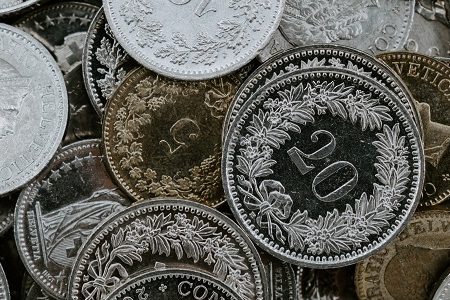
The Chorus of Criticism of Passive Investing
Critiques of Passive investing According to Bank of America Merrill Lynch, passive investing now accounts for 45% of all US assets (up from 25% a decade ago), with equity passive funds amounting to c.$3 trillion at present.Our attention has recently been drawn to another high-profile investor, Michael Burry (article here), who believes that Passive investing is responsible for creating (another) bubble in asset prices, comparing it to the sub-prime mortgage bubble in that “price-setting in that market was not done by fundamental security-level analysis, but by massive capital flows based on Nobel-approved models of risk that proved to be untrue.” He follows other notable investors, s…












